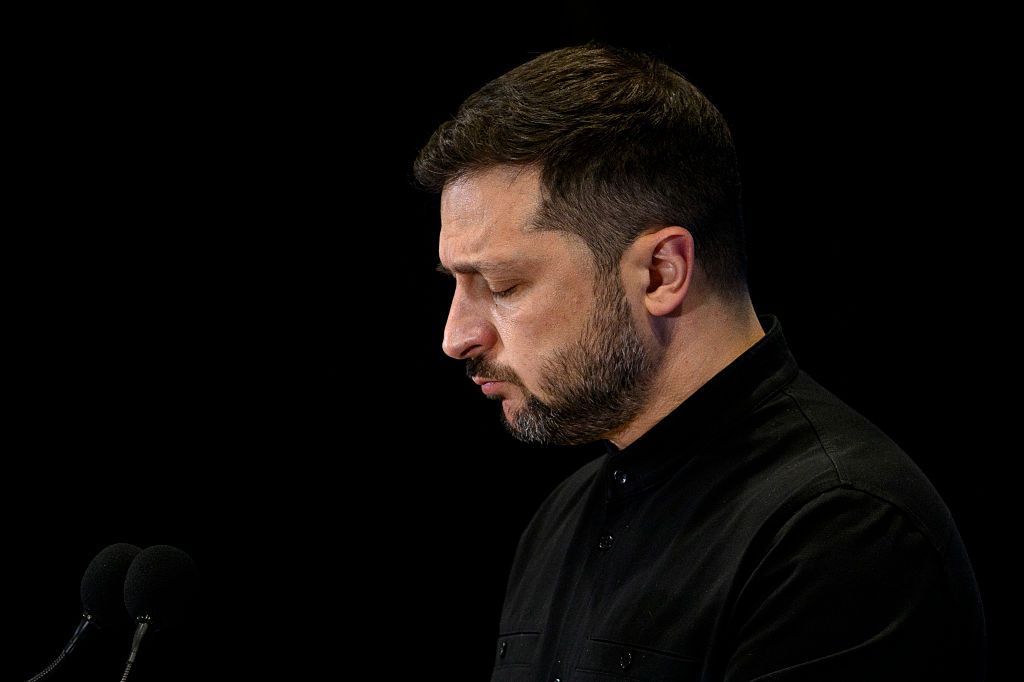Moscow warns of ongoing war unless Ukraine complies with its maximalist demands

Russia wants to resolve its war in Ukraine through "diplomatic and political means" but would continue military operations until its "goals" are achieved, Kremlin spokesperson Dmitry Peskov said on July 27.
Responding to a question from Russian state-controlled news agency Tass, Peskov said that "the goals of (war) must be fulfilled before the principles of future relations with Ukraine can be determined."
Russia continues to push for the same core demands it outlined at the start of its full-scale invasion in 2022: a ban on Ukraine joining NATO, large-scale demilitarization of the country, and legal "guarantees" for the Russian language, culture, and Moscow-linked religious groups in Ukraine.
The Kremlin has also demanded constitutional changes in Ukraine, including recognition of four Ukrainian oblasts as Russian territory, along with the Crimean peninsula, which it seized in 2014.
Peskov claimed Russia would "prefer" to resolve the conflict through dialogue, but said military operations continue because "opponents rejected the path of negotiations."
Kyiv has consistently supported negotiations but refused to accept Russia's maximalist conditions, which are essentially capitulation.
Ukraine has also consistently rejected all demands that involve ceding territory or weakening its military. President Volodymyr Zelensky and top officials have said any peace must begin with an unconditional ceasefire.
Peskov's comments came days after the third round of peace talks between Ukrainian and Russian delegations in Istanbul, where Ukraine reiterated its call for a full ceasefire and humanitarian agreements.
The latest round of peace talks between the two sides took place in Istanbul on July 23, marking the third formal meeting since negotiations resumed earlier this year after a long pause.
Ukrainian officials proposed a meeting between Zelensky and Russian President Vladimir Putin before the end of August, but the Russian side again declined the idea of a meeting between the two leaders.
Russia's delegation, led by presidential aide Vladimir Medinsky, proposed creating three working groups to address political, military, and humanitarian issues. Moscow also offered to facilitate brief ceasefires to retrieve wounded soldiers and repatriate bodies and claimed it would return the remains of 3,000 Ukrainian servicemen through the Red Cross.
The revived diplomatic push comes as the U.S. increases pressure on Russia to end the war. On July 14, U.S. President Donald Trump warned that he would impose "severe" tariffs on Russia unless a peace deal is reached within 50 days.











